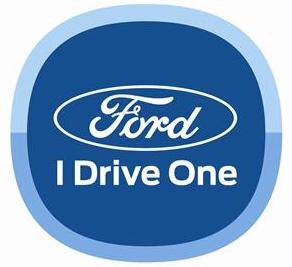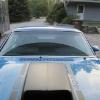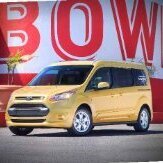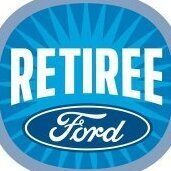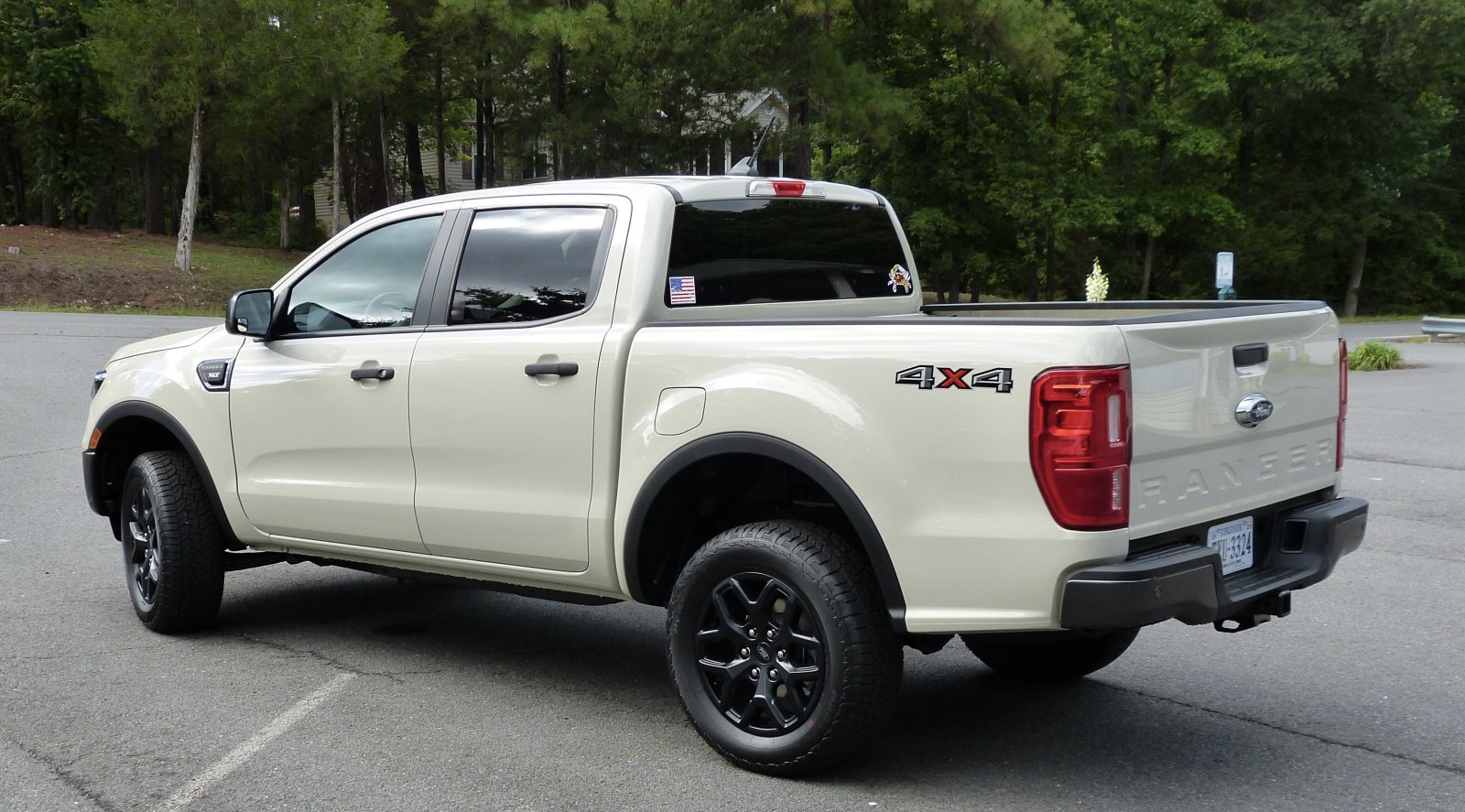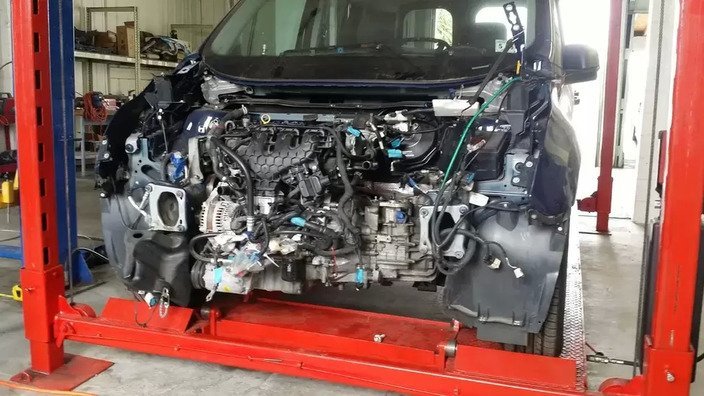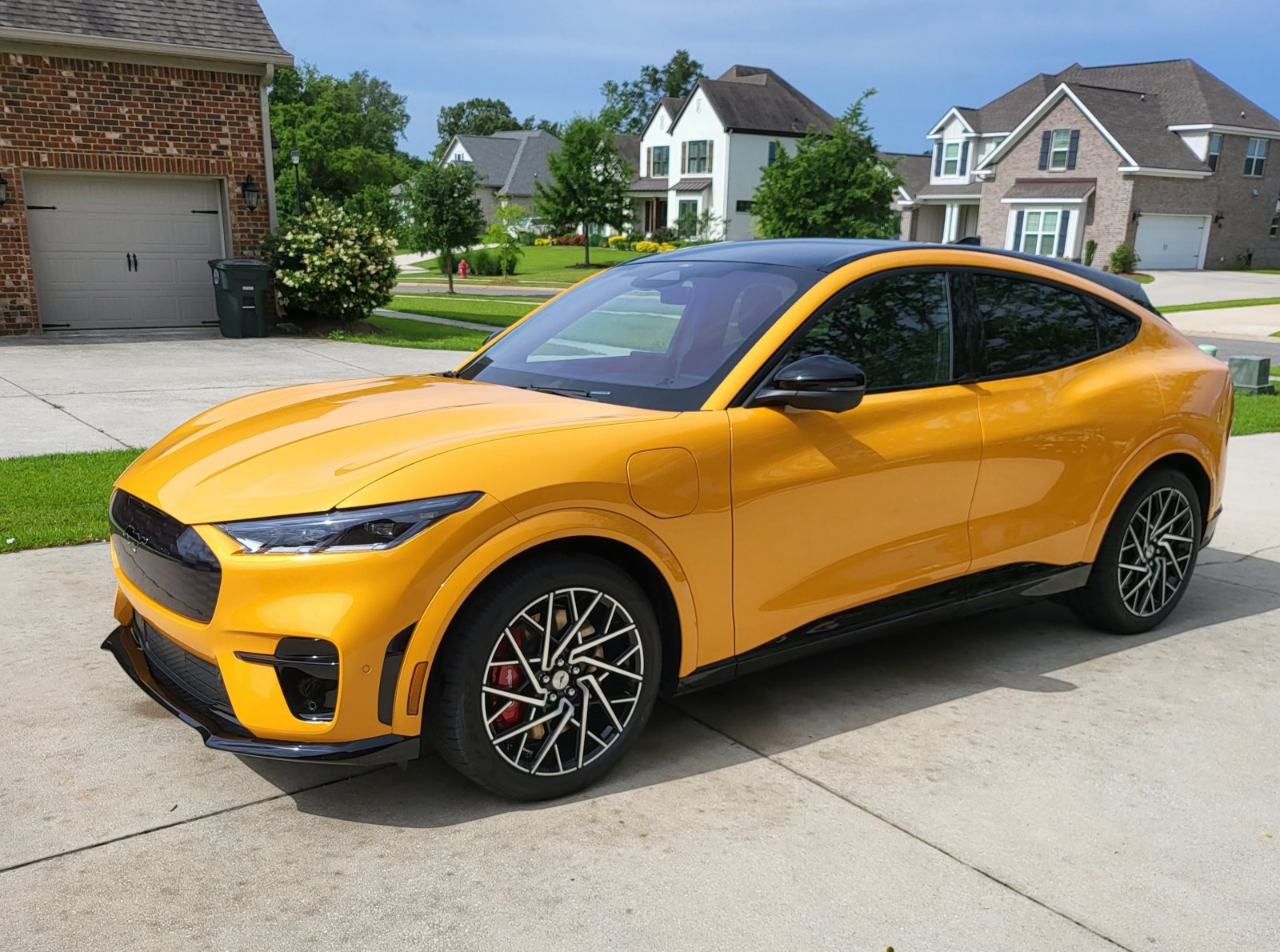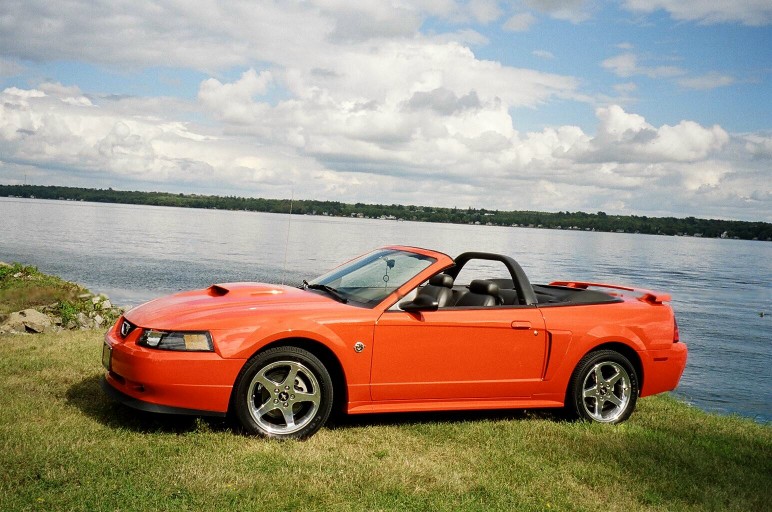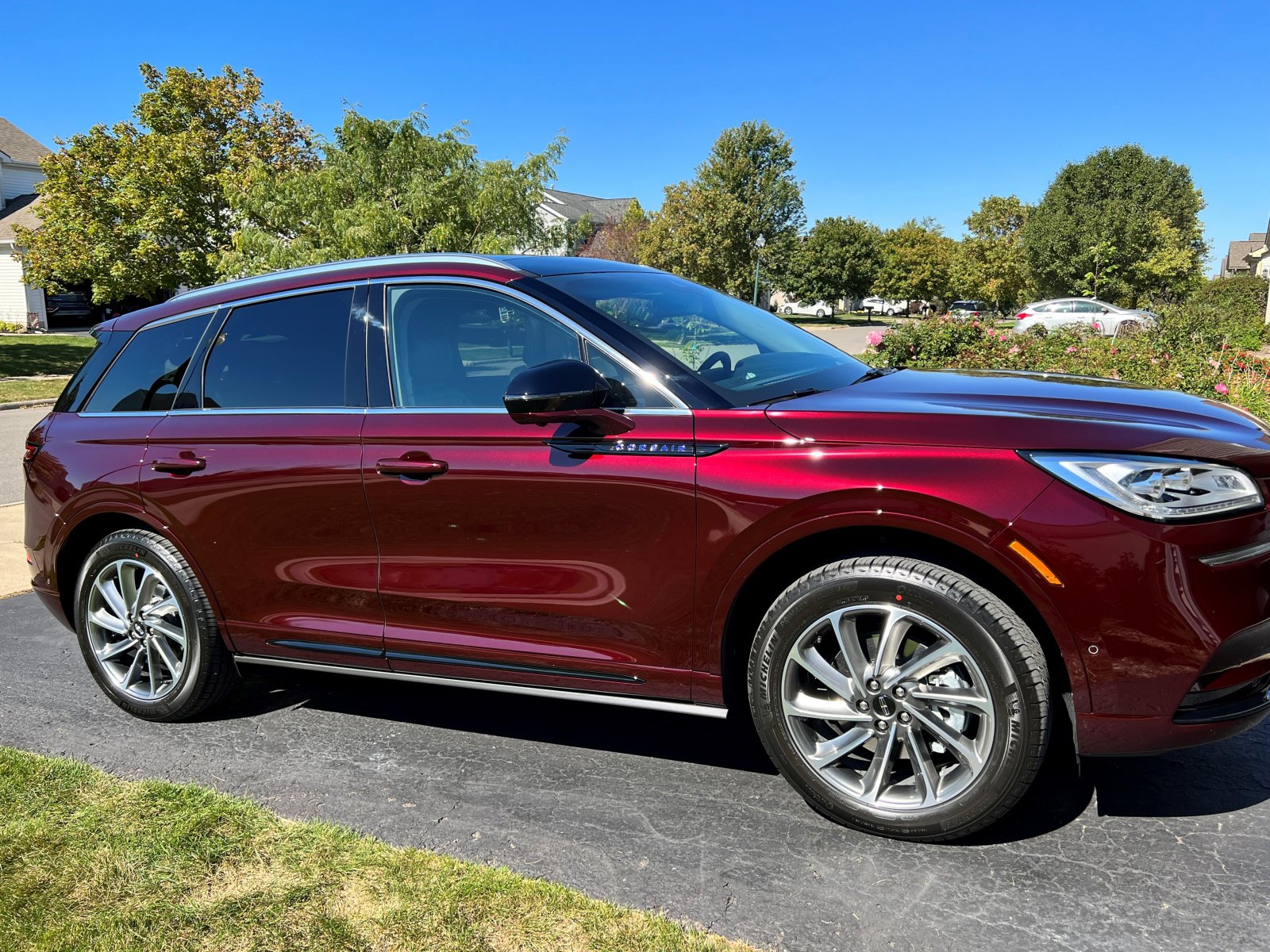-
Files
-
Popular Contributors
-
Posts
-
By twintornados · Posted
Lookin' good for sure....love the attention to the fine details. -
By twintornados · Posted
When I was a small boy, Dad had a Cadillac Sedan DeVille (late 60's early 70's) and the paint was pealing off the hood. Local Caddy dealer and regional rep told him "tough luck, you'll need to get it repainted and we ain't paying." Around the same time, he bought Mom a new 1972 Country Squire that made a persistent clunk while driving....we got a 1972 LTD Brougham 2 door in Ginger Glow metallic as a loaner while they sorted it out....turned out that the wagon had a cracked frame and Ford promptly replaced the car as "it should not have left the factory like that in the first place." (they did offer to fix the frame if Dad really wanted that wagon..he said no) but since he was driving the loaner as Mom was relegated to the old Caddy for shuttle duty with 6 kids, he ordered a 1972 LTD Brougham in Ginger Glow metallic and a 429 V8 PI motor because he could....that was it...this now 10 year old was hooked on the Blue Oval and it has been a parade of Fords, Mercurys, and Lincolns to this day with my 2025 Maverick Lariat hybrid in Eruption Green....man, do I love my Fords!! Also two current toys...my 1983 Mustang GLX convertible and 2006 Mustang GT Convertible....always on the look out for other toys....we'll see....in the mean time, I am (mostly) patiently waiting on CE1 truck to see if that will be my next Ford....time will tell. -
3rd gen Navi was launched in 2007 and Mark LT in 2006. Everything launched after the 2013 mkz got bespoke sheetmetal and interiors and some powertrains and suspensions.
-
By DeluxeStang · Posted
I think for me it's a combination of a lot of different things. It's the fact that a lot of people in my family owned Ford's. But it's also the types of cars Ford makes. Ford occupies a very special niche in the industry and that's affordable aspirational vehicles. There are other brands that make affordable cars, there are other brands that make dream cars. But there aren't a ton of brands that make dream cars most people can afford. Things like mustang and bronco, or fast Ford hatchbacks. It's also the diversity of cars Ford makes. No other brand makes an insanely futuristic mid-engine car, a muscle car, and affordable hybrid truck, a hatchback, and off-road vehicles under one roof. That diversity is an incredible strength at Ford. A few weeks ago I saw a mach-e next to a bronco raptor in a parking lot, and I thought it was so cool that Ford had such a wide array of designs, and vehicle ideas within their brand. Finally, it's the design language. Ford has a really good balance of making eye catching designs that are tasteful. That's a lot harder to do than people realize. It's not boring like vw, and it's not a visual mess like some Japanese designs. The diversity of their design language as well. A mach-e, bronco, maverick, and gt look nothing alike, but all look good in their own way. That diversity in design broadens their appeal, they aren't a brand that only works with one type of design language. -
2017 if you want to count the 3rd gen Navigator 2014 if you want to count the Mexican only Mark LT 🤪
-
I did like the styling of the 4th gen Sable I thought it looked decently different from the 4th gen Taurus. Front clip and rear were pretty different plus the different roof line and rear doors. Front doors I think were the only things shared on the exterior. Interiors were exactly the same sadly. Sable could be had with some nice faux wood trim though I think some higher end Taurus could have the same in later years of the 4th gen. Probably left over Sable parts. A shame they never got heated seats as even an option or even steering wheel radio controls, would have helped keep the 4th gen competitive. The Duratec was starting to lag on power compared to the competition during this time period too plus the Vulcan V6, while reliable, was kind of a boat anchor compared to Japanese 4 cylinders. Would have been cool if the 3.4 V8 could have continued on with the cams being fixed and some more power added. I was curious and I need to sit down one of these days and compare the brochures but I think 1 for 1 100% optioned out there is no exclusive feature the Sable offered over the Taurus. The 2nd gen could have a digital cluster which I think was only available on the FFV Taurus but otherwise I think all first 4 generations had the same exact options just placed differently. For instance 94-95 ABS was standard on the Sable LS but still optional on the Taurus LX. 5th gen did have projector headlights and LED tail lights that the Taurus didn't offer but I think that's it.
-
Did some restoration of the rear window moldings today. The inner edge of those stainless steel moldings are painted with semi-gloss black paint. However, all four corners had areas where the paint was chipping off. After masking the entire window I sanded out those chips and resprayed those areas.
-
Why are you bringing that up? They haven't done that since 2010.
-
By The Handler · Posted
Most of the Ford dealers where I live have changed hands in the past 5 years and they've all been downgrades. These dealer groups have the worst customer service. Also, it seems like the professional car salesman is going extinct. Last time I went to the dealer to look around the only "salesman" in the showroom was this overweight woman covered in tattoos and piercings who didn't seem to care at all about showing me a car and making a sale. They just hire anyone now.
-
-
Topics
-
Top Downloads
-
-
Albums
-
2022 Ranger Splash Desert Sand
- By Rangermrd,
- 0
- 0
- 1
-
Performance Tuner Connects
- By LostInTransit,
- 0
- 0
- 7
-
amtrucker22
- By amtrucker22,
- 0
- 0
- 1
-
4 CRUZEN
- By 04GT,
- 0
- 0
- 4
-
2021 Lincoln Corsair Grand Touring in Burgundy Velvet
- By RedHoncho01,
- 2
- 1
- 3
-







